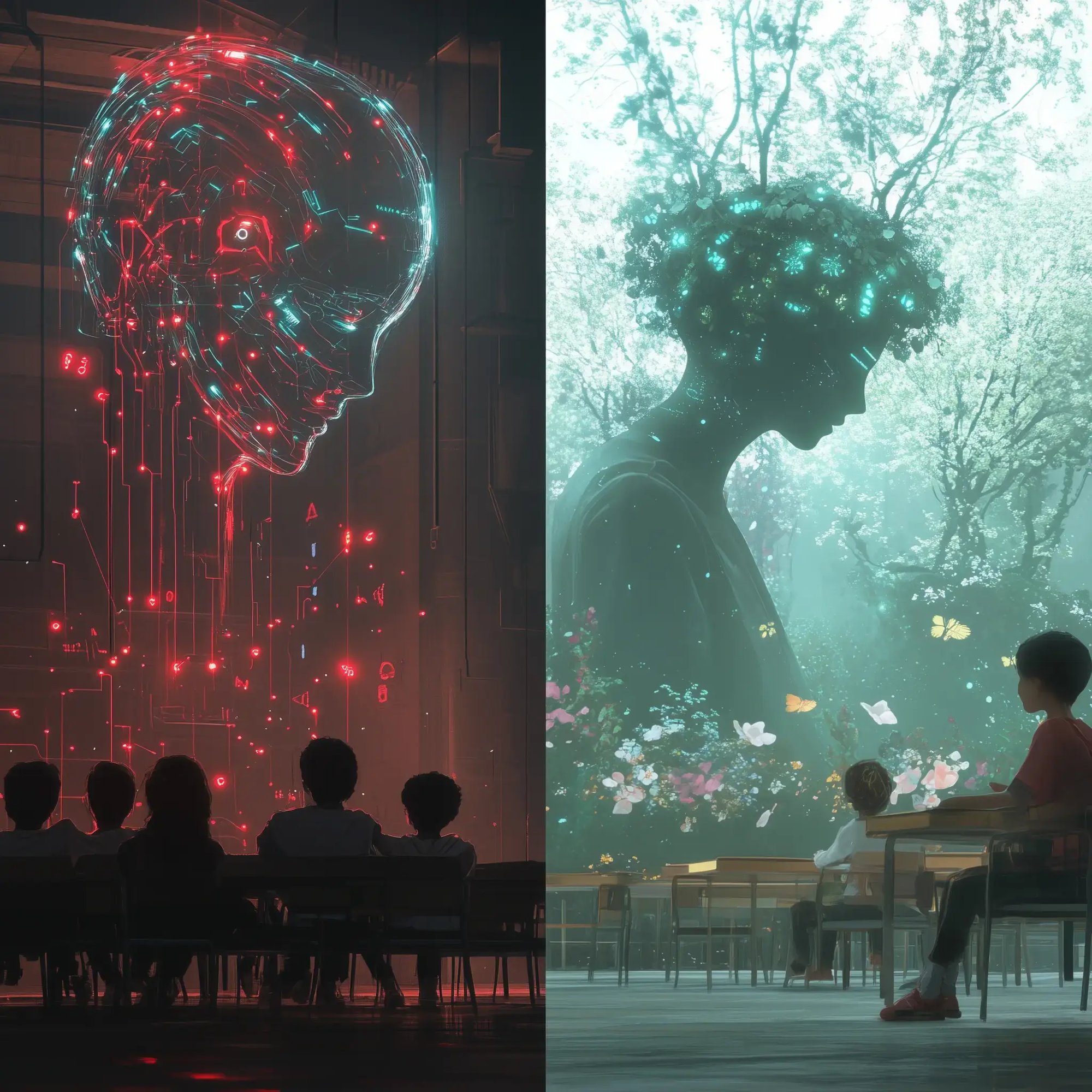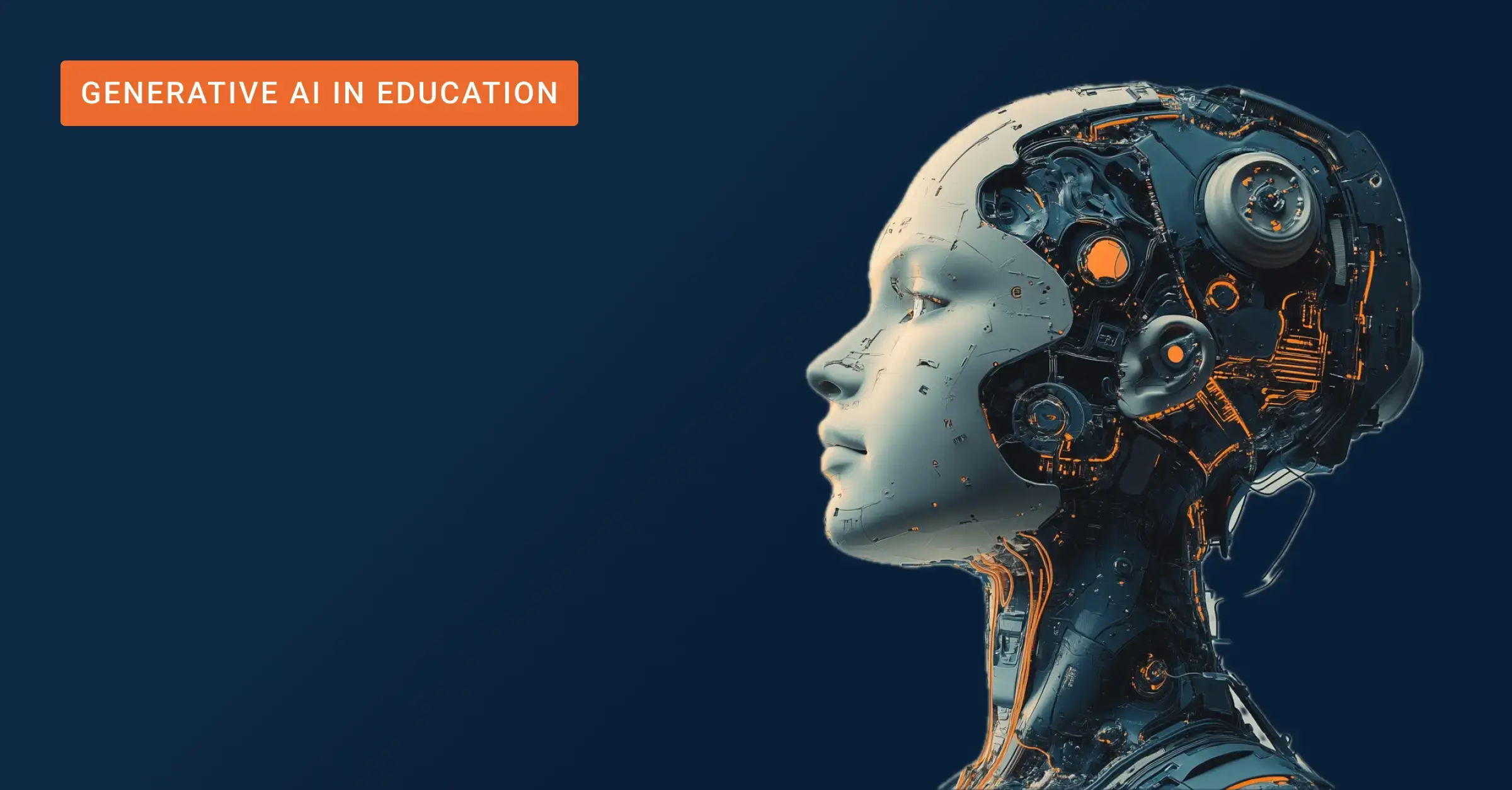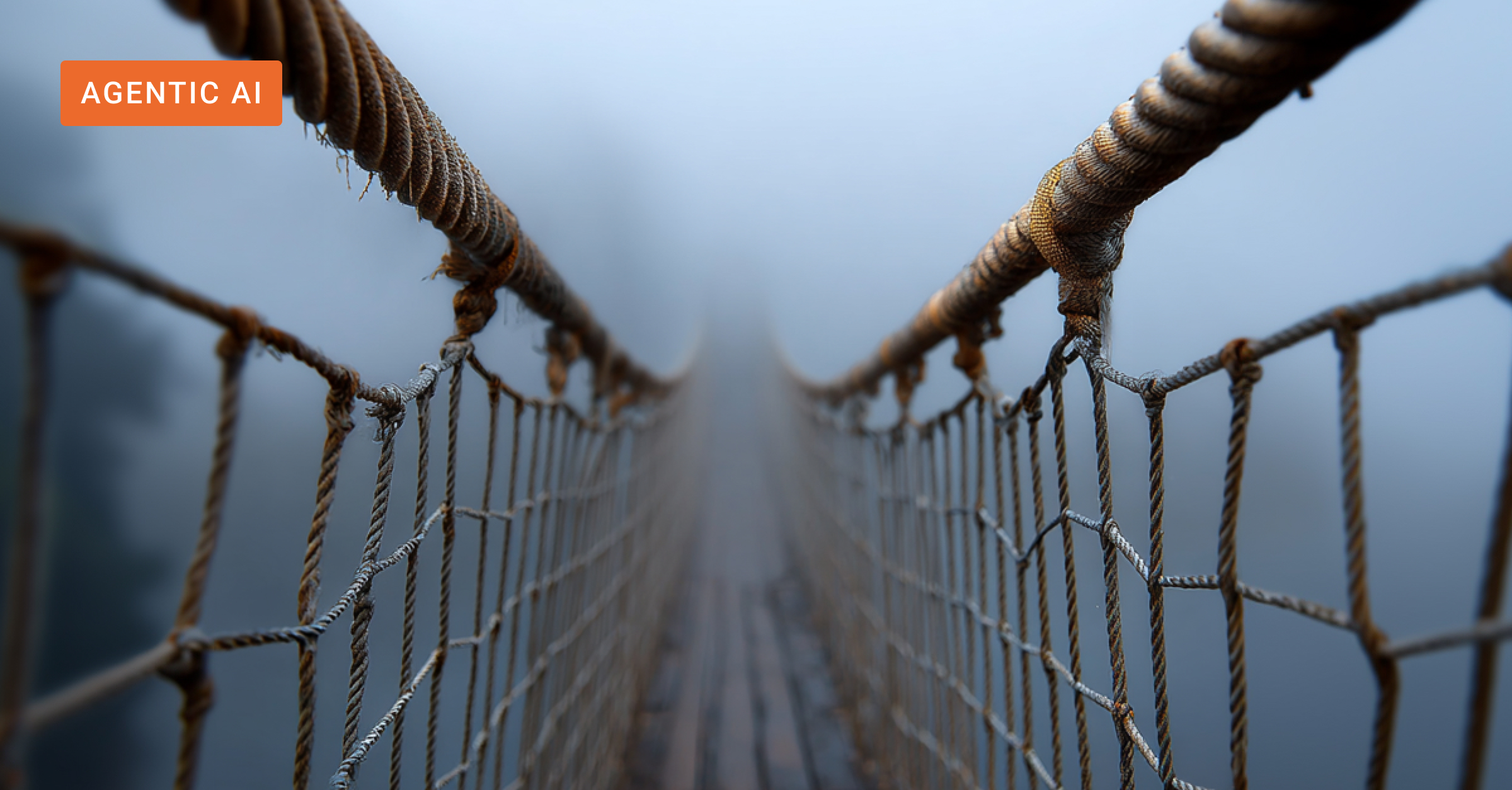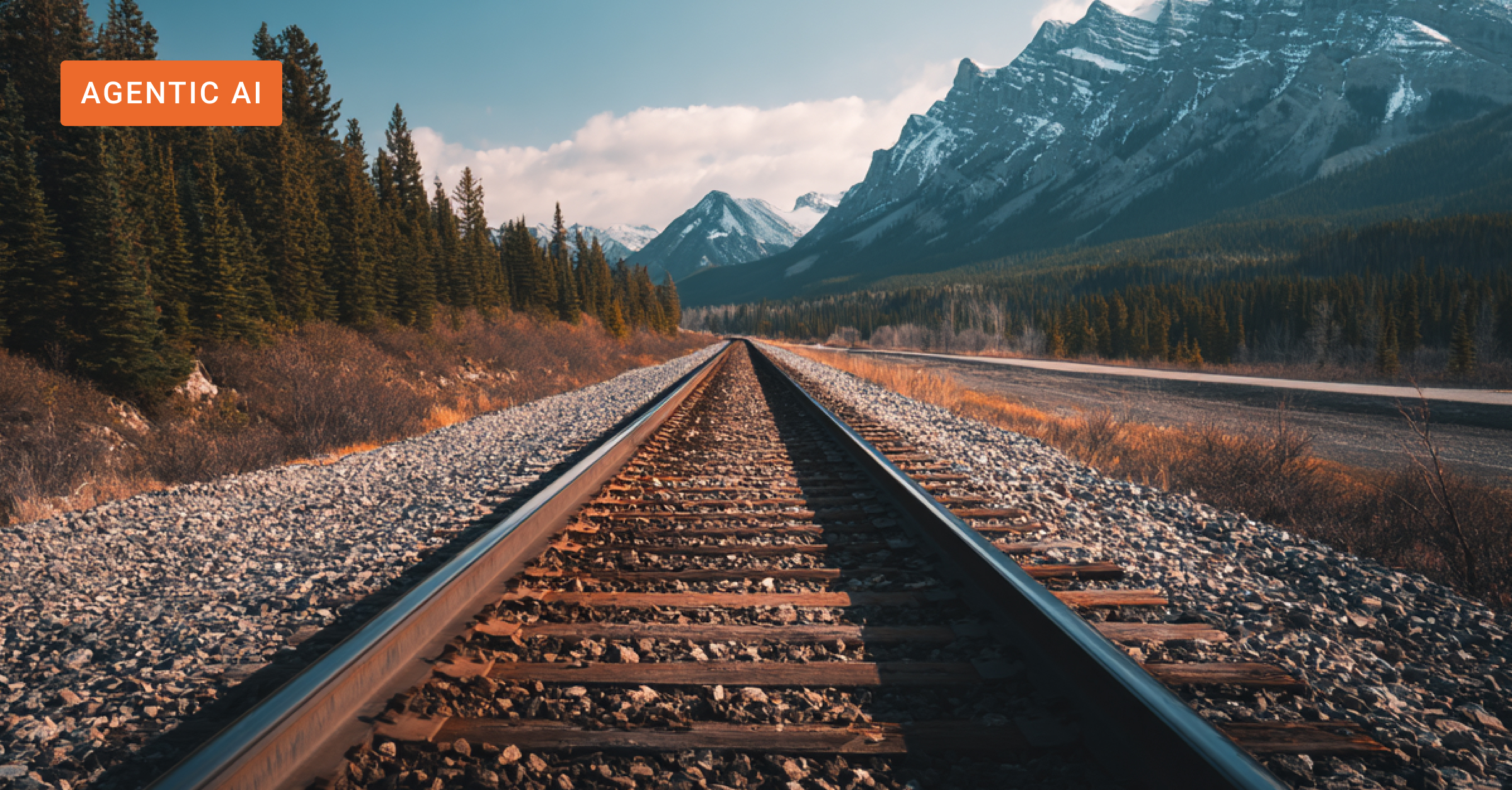We’ve grown accustomed to a world where generative AI models permeate every aspect of our lives and work. It's no longer surprising to see a deepfake of Kamala Harris kissing Donald Trump or a deepfake of Elon Musk hosting a podcast on controversial topics — and our lack of surprise also comes with our own familiarity at Musk’s tendency to voice his opinion on hot-button issues.
These cultural shifts are certainly making us rethink our relationship with reality. We've reached a point where much of what we experience in everyday life is shaped by the choices made for us by machine learning models: When I drive to see the person I love, it's an AI service deciding the best route. When I choose my next shirt, it’s based on preferences shaped by the Instagram feed that’s bombarded me with shades of blue. When I decide what to cook for my kids, a simple photo and the prompt: "Hey, what can I make with these ingredients?" does the trick. And by now, most of us have come to accept this, consciously or not.
Harnessing RAG for Tailored Teaching Materials
However, the conversation changes when it comes to education. Many companies are beginning to create automated learning materials, using GenAI technologies to reorganize information from certified databases to produce lessons, curricula, and exams. In this scenario, an institution curates a database of verified sources (textbooks, official repositories, etc.), and AI pulls from that database to ensure accurate responses. These processes, familiar in the corporate world under the umbrella of Knowledge Management and Retrieval Augmented Generation, which provides AI with curated data to ensure its outputs are reliable, are gradually gaining ground in sectors once thought distant from cutting-edge innovation.
For example, Riiid, a South Korean Edtech firm founded in 2014, has amassed over 2.5 million users in Japan and Korea by offering personalized learning paths based on complex probability calculations, at a fraction of the cost of traditional education. DreamBox Learning, an American software provider, focuses on mathematics and reading education at the elementary, middle, and high school levels. ALEKS, part of McGraw Hill, promises to “give all students the same learning opportunity.” Regardless of subject or goal, these companies rely on predictive algorithms to generate educational materials.
This surge in the popularity of GenAI to support teachers in their day to day activities is partially fueled by the well-known 2020 report from McKinsey and Microsoft, which highlighted that teachers put in an average of 50 hours per week. A significant portion of this time is dedicated to "late nights grading papers, preparing lesson plans, or completing endless paperwork." The report proposed that integrating AI tools could potentially reduce teachers' workload by 13 hours per week.
Experimenting with Teacherless Classrooms
It's no surprise then that last month, on September 3, 2024, the David Game College in London became the first UK secondary school to launch a teacherless classroom program. In this model, AI-driven adaptive learning platforms entirely replace traditional teaching for the core curriculum. Students willing to embrace this challenge will have their learning guided by AI. It’s not just a shift in content delivery, but also in cognitive structuring: while students may lose the emotional intelligence and personal touch of a teacher, they gain personalized study plans and exams tailored to their individual needs, all while remaining connected to their peers.
Yet, beneath the surface lies a more profound challenge. On a practical level, it seems simple enough to accept AI-generated texts, exams, and lessons. It feels like outsourcing the most tedious tasks, freeing up time for teachers to engage in deeper learning and personal growth as educators. At the same time, as educators are increasingly relying on the databases that fuel AI systems to serve as sources of knowledge, the relationship between private companies and educational institutions is becoming formalized in a way that can influence what should or shouldn't be taught—both culturally and politically. A teacher might spend two extra hours on Thoreau, but in doing so, may also hand over two more hours of cultural decision-making to the private company behind the AI they are using.

New Paths, New Partnerships
This situation leads both industry and the cultural world down an intriguing new path. On one side, the education sector must revisit the meaning of teaching critical thinking, alongside determining what content is essential for shaping individuals in society. Educators must fully embrace the potential support that innovation offers without fearing obsolescence. As with any major technological shift, it’s not just about automating existing processes but rethinking the entire process of knowledge creation. And this brings with it the exhilarating uncertainty of building something new and unknown.
On the other hand, the industry must recognize that its role goes beyond upskilling—it's about reshaping how we learn and transforming cognitive patterns for the better. This is a positive shift, as collaboration between private companies and educational institutions in curating knowledge databases can bridge the gap between the needs of the labor market (where industry thrives) and the holistic education of individuals (traditionally the role of schools, which are not solely driven by economic forces).
Augmenting, not Replacing, Educators
In other words, the AI industry must acknowledge the deep social responsibility it holds. If we consider the etymology of "intelligence," from the Latin "intellegere," meaning "to understand deeply," the industry is being called to be truly intelligent: to grasp the stakes at hand and step up as a key player without hesitation. As the Italian philosopher Umberto Galimberti wisely observed, technology "is no longer just a tool for human use but has become the environment in which humans undergo transformation." In this sense, when knowledge management enters education, it is explicitly called to participate in shaping modern humanity, one individual at a time.
This doesn’t mean replacing educators. Knowledge databases can and should be managed by industry from an infrastructure standpoint, but the content itself must remain under the purview of the educational sector. This creates a new and valuable role for industry—to engage in a meaningful dialogue about the societal changes we want to foster. The drive for companies to innovate and generate economic value is now more closely tied to their ability to bring meaningful, human-centered outcomes. This can be achieved through honest discussion, not through mere replacement.
As a consequence, the challenge is not a conflict between the AI industry and educators; rather, it's about which companies are most aware of their new role and most capable of engaging in constructive, collaborative discussions with teachers. AI is meant to augment what we can achieve, and while it is artificial, we have the power to shape it together—industry professionals and educators alike. Let’s not shy away from the challenge.
To stay updated on Squirro's initiatives at the intersection of AI and education, follow our initiatives at the Squirro Academy:







